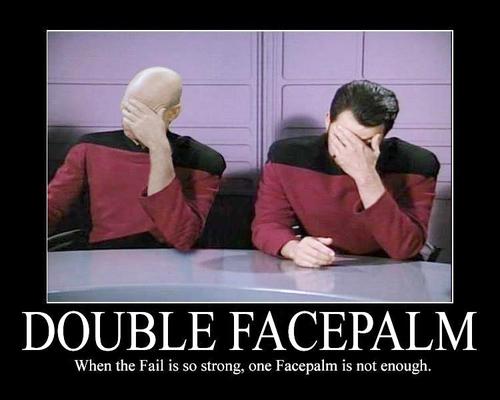In part, this was because the old b/w movies were still playing regularly on TV (the same way, say, the TREK movies are constantly being rerun on cable),but it was also because we didn't automatically reject our parents' favorites as old hat.
Man, man, the world upside down! Now if we have to believe late baby boomers, the 60s and 70s generation was readily accepting their parent's culture.

8561
Well, I am proudly Generation X and I must say I agree whole heartedly with
Greg Cox's statements. It sort of goes like this in my experience (very generally obviously YMMV):
You become aware of pop culture around the age of 3 or 4, specifically material made for young kids, Disney, Pixar, Sesame Street, Doc McsStuffins (to give a mix of today's and previous generations experiences.)
Around age 8-9 you become aware of contemporary youth culture - pop singers, movies that are hitting the screens right now. Your parents try to introduce you to things they loved growing up. These include their contemporary culture (I would show my kids ET, for example, because I saw that when I was 10 or so) as well as "classics" of pop culture - The Wizard of Oz.
Around 13-15, you are deeply involved in contemporary culture and you start to get an inkling that there was some pretty cool stuff from your parents and grandparents ages. These things have retro cache. I have now seen my generation and 2 others learn to dig the Beatles at this age.
By 18-20, you are really exploring more of pop culture and its history. You might discover the Marx Bros, Billie Holiday, the first "adult" comics of the 80s-90s (Moore, Gaiman, etc), Bogie. They will be a small part of what you consume, pop culture-wise, but you'll definitely start to encounter and really become interested in some things not of the immediate era. These tend to be things that have stood some test of time and multiple generations get into them. I would put Star Trek into this category. Now you may or may not encounter it at this age - but at this age or older, you're more likely to have enough of an understanding of the history of pop culture and have developed the ability to see beyond your own contemporary culture to give it a try. I recall, myself, not tolerating any black and white movies or tv shows until 16-20 years of age. Then I began to understand the charm and aesthetic of them and find them interesting historically and for their entertainment value.
After this, in your 20s, 30s, 40s you start building your personal list of pop culture favorites, that may go back some ways. I got into the Arthurian Romances of the 12th century in my early 30s. Does this make them "integral to pop culture" - well, in a way. They were the beginning of material that perpetuates today and they were a key influence not only in an King Arthur stuff that came later, but they set a tone of all medieval stories that came later. They influenced how Game of Thrones looks and feels even if you have never even heard of Wolfram von Eschenbach's Parsifal.
Star Trek is like this. Some people, of many ages, know it intimately because it speaks to them personally and they consume it directly. Some people know it through references which have become commonplace. Some people have never seen it and never will, but they will consume many movies, books, comic books, etc which would not look the way they look or sound the way they sound without Star Trek.
Perhaps the better way to think of it is Star Trek is an integral part of pop culture history, certainly still influential - the top rated tv sit com at the moment is populated by nerds who love Star Trek and the franchise is still actively being produced featuring the iconic characters of Kirk and Spock. It's not dead and it's not Taylor Swift. There is plenty of space in between though.

 ).
).
 OK. Point taken. I do have a couple of Muppets t-shirts I wear, after all. Next time I'm in Target, I'm looking for that Trek t-shirt.
OK. Point taken. I do have a couple of Muppets t-shirts I wear, after all. Next time I'm in Target, I'm looking for that Trek t-shirt.